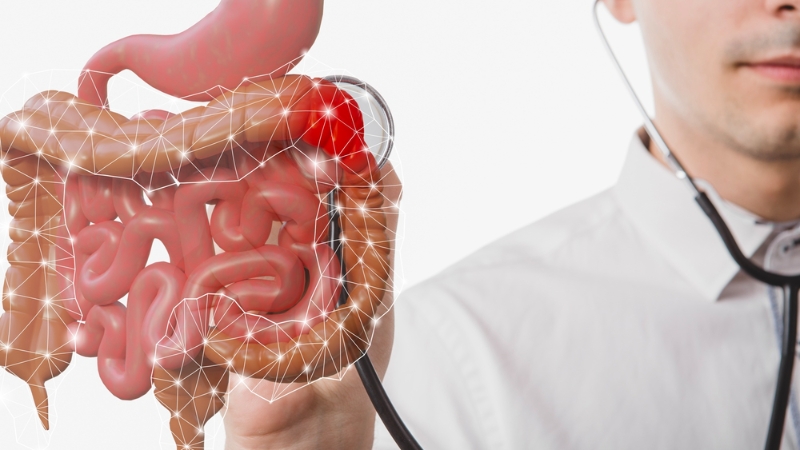Gastroscopy and Colonoscopy"Comprehensive Endoscopic Procedures for Digestive Health."

Our medical center offers complete colonoscopy and gastroscopy procedures, which include in-depth exams to evaluate and preserve intestinal health. Recognizing the need of early identification and preventive care, our specialist procedures are designed to accurately diagnose and treat gastrointestinal problems. This section will discuss the importance of colonoscopy and gastroscopy, the conditions that may warrant them, possible concerns, and our dedication to providing top-notch treatment for digestive health.
What is Gastroscopy and Colonoscopy?
The upper and lower gastrointestinal (GI) tracts are examined during diagnostic procedures called colonoscopy and gastroscopy, respectively. A tiny, flexible tube with a camera is inserted via the mouth during a gastroscopy procedure to view the stomach, esophagus, and first segment of the small intestine. A similar tube is put into the rectum during a colonoscopy to examine the whole colon and rectum.
Why Do You Need Gastroscopy and Colonoscopy?
- Diagnostic Evaluation: In the upper gastrointestinal tract, colonoscopy is useful in identifying colorectal cancer, polyps, and inflammatory bowel disorders; in contrast, gastroscopy aids in the diagnosis of illnesses like ulcers, inflammation, or tumors.
- Screening for Cancer: These processes are essential to cancer screening because they enable the early identification and treatment of gastrointestinal malignancies.
- Treatment and Intervention: During these exams, specific therapeutic procedures like polyp excision or GI tract bleeding treatment may be carried out.
- Monitoring and Surveillance: Regular colonoscopies and gastroscopies may be performed for surveillance and monitoring in patients with a history of gastrointestinal problems or those who are more susceptible to GI malignancies.
Possible Risks:
Although there is a low risk of bleeding, perforation, or unfavorable sedation reactions, both operations are generally safe. The benefits of early detection and treatments usually outweigh any potential consequences, and the risks are negligible. In order to reduce hazards, treatments are carried out with the highest care and patients are fully informed.
Treatment Steps in Stroke Care and Rehabilitation:
- Preparation: To guarantee a clear and unhindered view of the GI system, follow a clear liquid diet and prepare your bowels.
- Sedation: Administration of sedation to enhance patient comfort during the procedure.
- Procedure: The GI tract is seen and examined by inserting the endoscope into the mouth (gastroscopy) or the rectum (colonoscopy).
- Biopsy or Intervention: Biopsies or therapeutic interventions could be carried out during the operation, if needed.
- Post-procedure Care: Keeping an eye out for any emerging issues and giving post-procedure recommendations, particularly with relation to exercise and nutrition.
Both the diagnostic and therapeutic facets of gastrointestinal health can benefit from the use of colonoscopy and gastroscopy, which are essential instruments in the diagnosis and prevention of gastrointestinal problems.
Top Asked Questions and Answers:
FAQ (Frequently Asked Questions):
+91-9144411108
Emergency Cases

